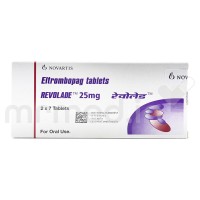Astronin nasal spray contains an active component as Calcitonin. It is a hormone that plays a role in calcium regulation in the body. The thyroid gland primarily produces it and helps to lower blood calcium levels by inhibiting calcium release from bones and increasing calcium excretion by the kidneys. In medical practice, synthetic versions are used as medications to treat certain conditions. This medication treats postmenopausal osteoporosis, Paget's disease (type of bone disease), and hypercalcemia and prevents bone loss in patients suffering from fractures. It makes the bone stronger and prevents further damage. Astronin nasal spray may alleviate bone pain in some cancer patients whose cancer has metastasized to the bones.
This medication should not be used in individuals who have a known hypersensitivity or allergy to Astronin nasal spray or any of its components. Allergic reactions may include skin rash, itching, swelling, or difficulty breathing. This medication is used to lower blood calcium levels, so it should not be administered to patients with already low calcium levels (hypocalcemia). Patients with impaired kidney function may need dosage adjustments, as the kidneys excrete this medication. Close monitoring is essential to prevent any potential accumulation of the medication. Astronin nasal spray may cause gastrointestinal side effects such as nausea, vomiting, or diarrhea.
- Hypercalcemia
- Paget’s disease
- Postmenopausal osteoporosis
- Prevention of fracture.
Therapeutic Effects of Astronin Nasal Spray
Pregnancy
The safety of Astronin nasal spray use during pregnancy has not been extensively studied, and its use in pregnant individuals should generally be avoided, and healthcare provider consultation is required.
Breast Feeding
The safety of using Astronin nasal spray during breastfeeding has not been well-established, and it is generally recommended to avoid its use while breastfeeding.
Lungs
Patients with lung infections or other respiratory conditions should consult their healthcare providers to ensure the appropriate use of Astronin nasal spray or any other medication.
Liver
Astronin nasal spray is primarily metabolized in the liver; caution is advised when administering this medication to patients with liver dysfunction.
Alcohol
There is no direct interaction between Astronin nasal spray and alcohol. However, it's always advisable to avoid excessive alcohol consumption while on any medication, as alcohol can interfere with the body's ability to metabolize drugs, potentially leading to increased side effects or reduced medication efficacy.
Driving
Astronin nasal spray is not known to cause drowsiness or impair cognitive functions that could significantly affect driving ability. If you experience dizziness, lightheadedness, or any other side effects that could affect your ability to drive safely, refrain from driving or operating heavy machinery until you feel comfortable.
Serious:
- Allergic reactions
- Hypocalcemia (lower blood calcium levels)
- Respiratory issues
- Gastrointestinal bleeding
Common:
- Nausea
- Vomiting
- Diarrhea
- Headache
- Flushing of the face or skin
- Injection site reactions (for injectable formulations)
Common side effects of Astronin nasal spray may include nausea, vomiting, diarrhea, headache, flushing of the face or skin, injection site reactions (for injectable formulations), and nasal irritation or dryness (for nasal spray).
The duration of Astronin nasal spray use depends on the specific medical condition being treated and the healthcare provider's recommendation. In some cases, it is intended for short-term use only. Long-term use, especially for osteoporosis, may not be recommended due to concerns about its overall effectiveness and safety.
The safety and effectiveness of Astronin nasal spray in pediatric patients have not been well-established, and healthcare providers should carefully consider its use in children and adolescents. Elderly patients may be more susceptible to side effects, especially gastrointestinal disturbances, and dose adjustments may be necessary.
While Astronin nasal spray has been used to manage bone pain in some cancer patients, its role in chronic pain management is limited, and other treatments may be more effective and preferred.
If you miss a dose of Astronin nasal spray, follow the specific dosing instructions provided by your healthcare provider or the medication's packaging. Do not double the dose to catch up. If you are unsure about what to do, contact your healthcare provider or pharmacist for guidance.
Astronin nasal spray may transiently increase serum thyroglobulin levels, leading to temporary effects on thyroid function tests. If you are undergoing thyroid function testing, inform your healthcare provider that you are taking this medication to avoid misinterpreting test results.
Molecule name: Calcitonin | Therapeutic class: Bone Metabolism Regulators |
Pharmacological class: Calcitonin
| Indications: 1. Hypercalcemia 2. Paget’s disease 3. Postmenopausal osteoporosis 4. Prevention of fracture |


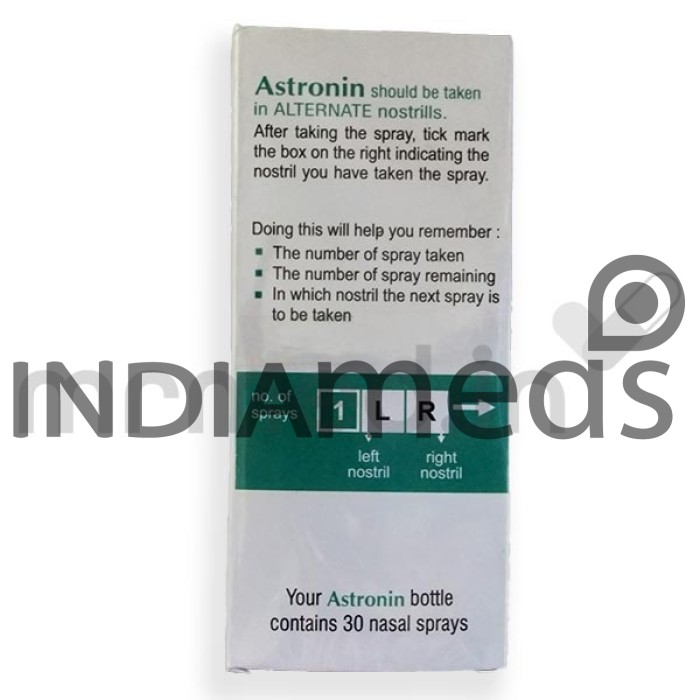



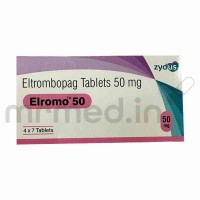
-200x200.jpg)
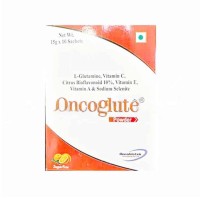
-200x200.jpg)
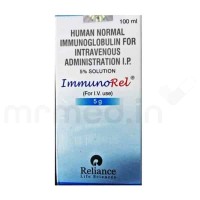
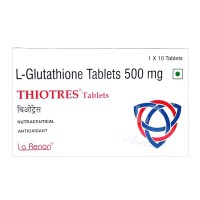
-200x200.png)

